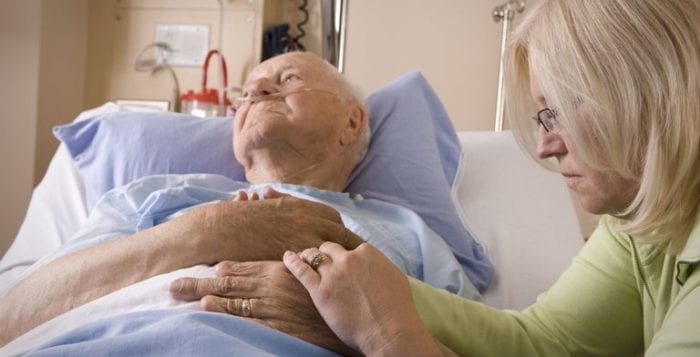Attorney At Law: Who will make your medical decisions if you are unable to?
By Nancy Burner, Esq.
In New York State, any individual over the age of 18 may designate an individual to make medical decisions on his/her behalf by signing a health care proxy and designating a health care agent.
The health care agent is only authorized to act if your doctors determine you can no longer make your own medical decisions. By signing this document and designating an agent, you avoid any confusion or issues when it comes time for your family to make a medical decision on your behalf as your family and the doctors already know who you want to make those decisions.
A valid health care proxy will allow your health care agent to make medical decisions for you if you cannot with any health care professional, not only decisions while you are in a hospital or nursing home.
Additionally, when signing a health care proxy, it is also very important to sign a second document, called a living will, which states your preferences as they relate to life-sustaining treatment (medical treatments/procedures that, if not provided, will result in the patient’s death). Examples of life-sustaining treatments include cardiac pulmonary resuscitation (CPR), a feeding tube and ventilator.
A living will is important because, although your health care agent can make most medical decisions on your behalf, a health care agent must know your wishes as they relate to life-sustaining treatment in order to make those specific decisions on your behalf. A correctly executed living will is “proof positive” of your wishes as they relate to life-sustaining treatment and cannot be questioned by other family members who may disagree.
If you do not have a health care proxy and are admitted to a hospital or nursing home, the Family Health Care Decisions Act enacted by New York State will determine who can make medical decisions on your behalf. This act provides a hierarchical list of people who may make your medical decisions if your doctors determine that you lack the capacity to make your own medical decisions.
The list is: court-appointed guardian, spouse/domestic partner, a child who is over 18 years old, a parent, a sibling or a close friend. The issue many people may encounter is that most people have more than one child who can act as the person who will make their health care decisions. In this situation, the doctors would have to specify one of the children to make the decisions, which can cause tension and disagreement among the children. Further, the Family Health Care Decisions Act is only applicable to decisions while a patient is in the hospital or a nursing home. Once a patient is discharged, the person designated to make the medical decisions no longer has authority to do so.
In order to be certain the person you want is empowered to make your medical decisions, a health care proxy is the preferable option. It is also wise to sign a living will so your health care agent knows your specific wishes as they relate to life-sustaining treatment. It is best to consult with an estate planning attorney who can advise you on all your options and ensure your documents are valid.
Nancy Burner, Esq. practices elder law and estate planning from her East Setauket office.







